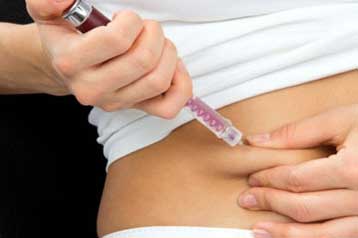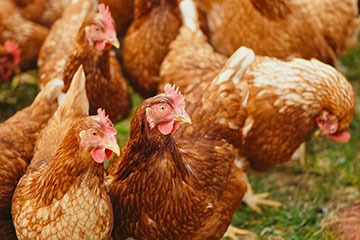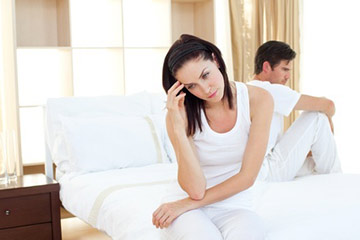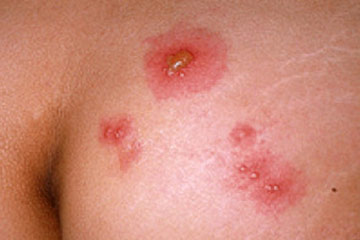What things increase a woman's risk of infertility?
Female fertility is known to decline with:
- Age. Many women are waiting until their 30s and 40s to have children. In fact, about 20% of women in the United States now have their first child after age 35, and this leads to age becoming a growing cause of fertility problems. About one-third of couples in which the woman is older than 35 years have fertility problems. Aging not only decreases a woman's chances of having a baby but also increases her chances of miscarriage and of having a child with a genetic abnormality.
Anuncios
Aging decreases a woman's chances of having a baby in the following ways:
- Her ovaries become less able to release eggs.
- She has a smaller number of eggs left.
- Her eggs are not as healthy.
- She is more likely to have health conditions that can cause fertility problems.
- She is more likely to have a miscarriage.
- Smoking.
- Excessive alcohol use.
- Extreme weight gain or loss.
- Excessive physical or emotional stress that results in amenorrhea (absent periods).
Source
Infertility FAQs
Centers for Disease Control and Prevention
GeoSalud, August 12, 2013






